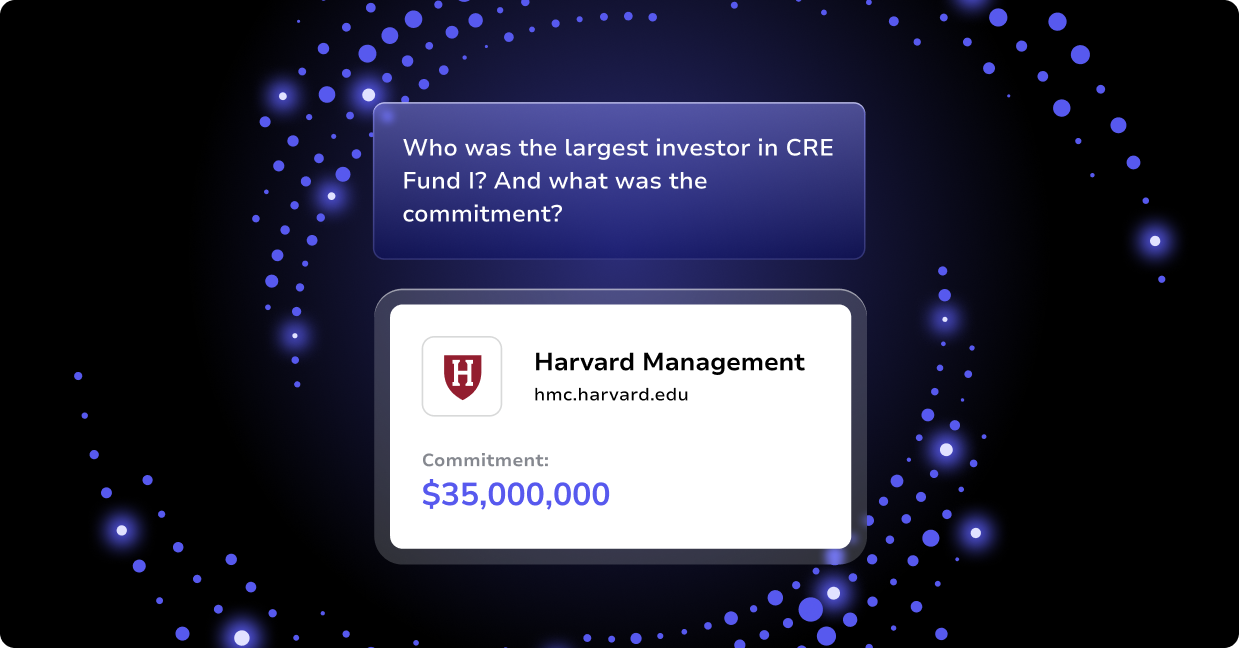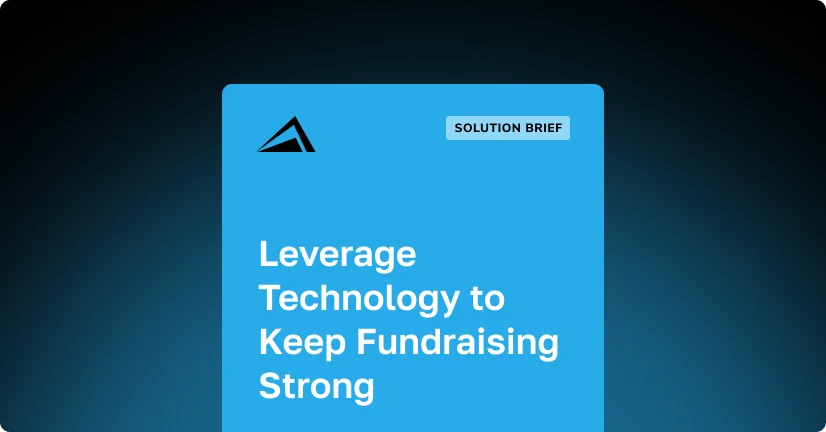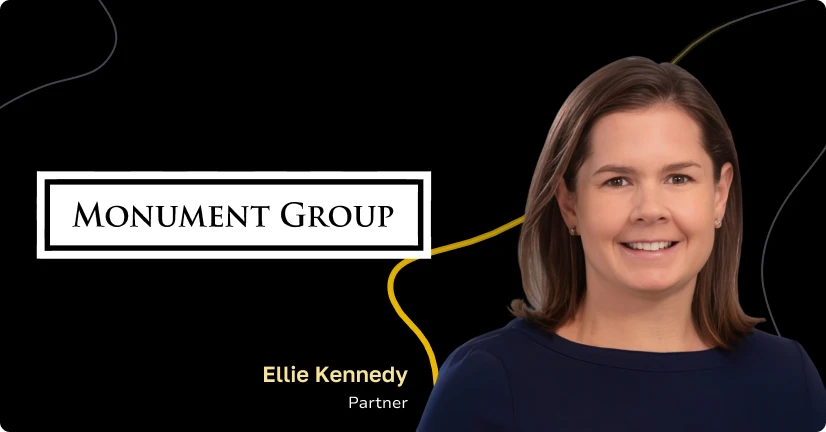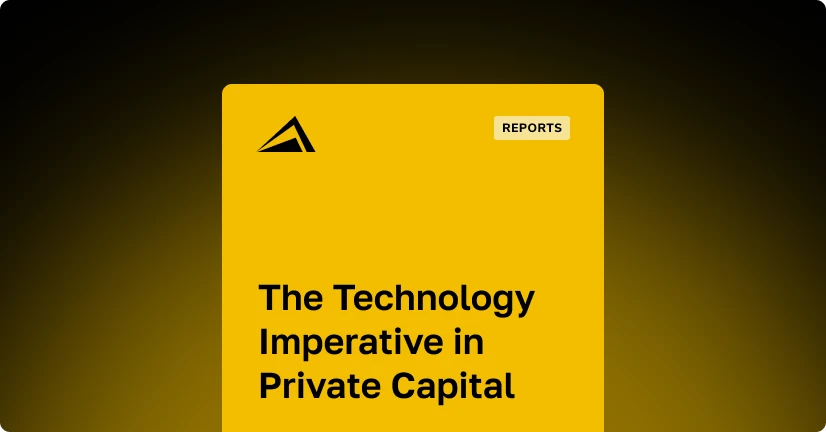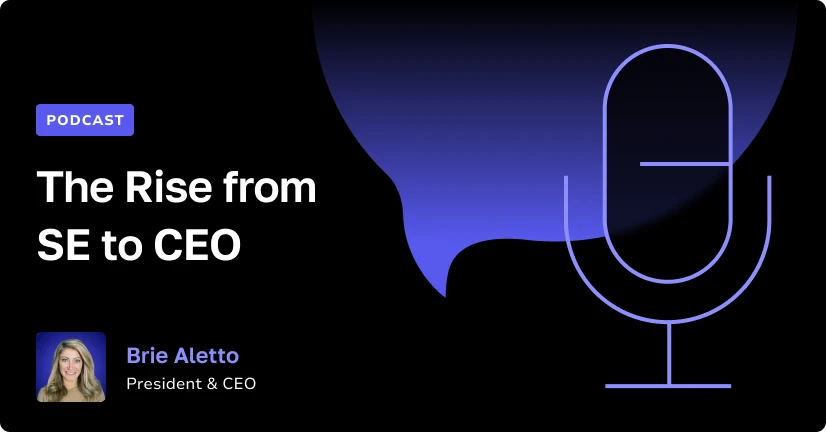Recently our President and CEO, Brie Aletto, had a conversation with PreSales Collective in a presentation titled The Rise from SE to CEO: In Conversation with Brie Aletto.
The company asked Brie to provide details on her path to becoming Altvia’s leader and one of the driving forces behind our triple-digit growth. That journey involved serving in many roles, from a solutions consultant that helped IQNavigator scale from $10 million to $47 million to co-leading TalentReef $3M to $30M in ARR.
Below are some highlights from that interesting interview. You can also watch it in its entirety on YouTube.
Aspiring Meteorologist Turned Company Executive: Brie’s Career Journey
The presentation starts with Brie explaining that as a college student, she envisioned herself pursuing a career as a meteorologist or another role on TV. “I was never going to go into sales, and definitely never into software,” she says with a smile. But graduating into a tight job market, she got her first job working in customer support for a software company.
While that wasn’t her “dream job,” she can now reflect on how pivotal that role was in her career. It allowed her to learn about all the facets of running a business, from operations and system implementation to sales and marketing.
Ultimately, she gravitated toward sales, and the role of sales engineer “fell into her lap.” Being what she describes as the “entertainer” in sales pitch calls ended up feeling very natural to her. Over time, that role expanded into other sales and marketing responsibilities.
Later, when joining Altvia in an operations capacity, she could see how advantageous her sales engineering background was when it came to understanding the “big picture” at her new company. It also made her an excellent candidate when the CEO position opened up.
Brie’s Leadership “Light Bulb” Moment
Although Brie was involved in student government and other leadership activities growing up, she wasn’t sure that being a decision-maker within a company was for her. But, as she started building a team, she eventually realized that letting her employees spread their wings and take on more responsibilities would be good for them and for her. That’s when mentorship became a passion for her.
Brie shares that she recently read a book that uses the phrases expert leader (the person in the room that people look to because they have the expertise) and spanning leader (someone who is an asset because of their overarching understanding of the business).
She acknowledges that it takes time and effort to relinquish control to others but that it’s an important step for those looking to advance their careers.
Tips for Gaining Visibility Within Your Company
The interviewer also asks Brie how she made herself visible and a viable candidate for taking on added responsibilities and new roles. Brie begins her answer by noting that it’s common for product experts to fear that their expertise will, ironically, keep them from advancing since that means the company will no longer have them as their “go-to” technical person.
To keep from being pigeonholed, she recommends taking action to get involved in other areas. She gives the example of solution consultants getting a seat at the table regarding developing the product roadmap. You’ve got to make yourself the “connective tissue” across your organization, Brie says.
What Makes an Incredible Leader?
Next, Brie is asked about what makes someone a good leader, what advice she has for first-time leaders, and how long-time leaders can energize their leadership style. She laughs about the cliches that come to mind but says they’re true. You’ve got to surround yourself with the right people, empower your people to do their best work, and be willing to offer praise but also have tough conversations, for example.
The last of these is the most difficult for her. But she says the ability to offer constructive criticism is essential and something every aspiring leader must learn.
As for things seasoned leaders can do to inspire their teams, Brie acknowledges that’s a significant challenge. However, she mentions employee engagement surveys as a way to determine what’s important to the people you’re leading.
She also explains a few frameworks like EOS (entrepreneurial operating system) and GWC (get it, want it, capacity to do it) that leaders can use to run their business and understand their employees.
The Importance of Mentorship
In another part of the conversation, the interviewer asks Brie about mentorship—the role it’s played in her career, how to find a mentor, etc. She says that it starts with determining whether the person and company you work for value you and the contribution you make. If they don’t, she says, you should consider moving on.
But when you find a potential mentor, she points out that mentorship can be a two-way street. If you’ve got something to offer a potential mentor—a task you take off their plate or some other way you can assist them or their team—you’re more likely to establish a relationship that will benefit both of you.
Brie also points out that, in most cases, having one mentor isn’t enough. You’re wise to seek out mentor/mentee relationships with multiple people who are experts in their area.
Insightful Answers to Great Attendee Questions
The interview then moves on to Brie answering excellent questions from webinar attendees. Many of them are follow-ons to the mentorship discussion. For example, how do you find a mentor when you’re already in a somewhat senior role? And, how should you pursue finding a mentor outside your company?
Others address the challenges Brie has faced as a woman in a male-dominated industry, how she walks the line of being humble yet confident, and others.
The discussion is full of insights for any sales engineer—or anyone, really—looking to enjoy their work and advance their career! We encourage you to check it out. And if you have questions about products and services, contact us today to request an informative demo.
